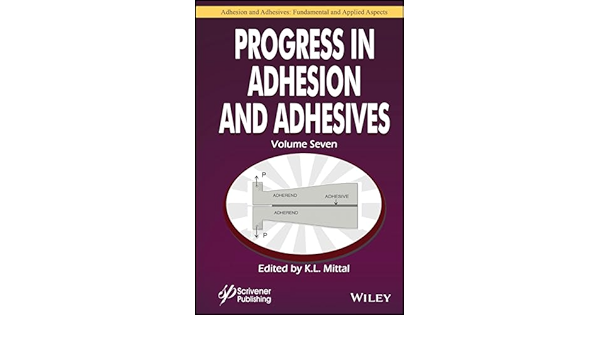From the Editor
Overall Industry Sales Were Down in 2023; Optimism Is Up
The global chemical industry has experienced some rocky years of late, and it is clear that industry is still working out the effects of the disruptions.

It is July, and in the world of ASI that means you are reading our annual issue that covers the top global manufacturers of adhesives and sealants. As we did last year, this issue focuses exclusively on the top companies. Alongside our ASI Top 20 article are interviews and bylined articles from companies on the Top 20 list.
If I were to summarize the overall trends in the industry in 2023, I would say sales from many companies were down for the year, but the end of the year and the beginning of 2024 offer reasons for optimism. The global chemical industry has experienced some rocky years of late, and I think it is clear that industry is still working out the effects of the disruptions.
In my view, the last four years presented a series of events that have made it challenging to nearly impossible for economists to predict the future. I suspect these events will be discussed and analyzed for years to come as historians and economists look back on this unprecedented period.
Let’s look back. We started with a global pandemic that shut down normal economic activity. With that, spending changed in pretty dramatic ways within a matter of weeks. How do people interact with business when they are sitting at home watching Netflix? What industries will be hit the hardest by shutdowns? What industries will experience unanticipated windfalls? What product will people decide they need to hoard?
And, just as new consumer behavior was settling in and companies were able to assess where they stood within this new pandemic economy, structural issues in the supply chain emerged and created more upheaval. A business owner begins to understand what customers want, what they are buying, and suddenly that owner is unable to deliver product because of issues at U.S. ports, or extreme weather events that disrupt chemical production.
Then, as supply chain issues are slowly getting resolved, a major country with key ties to Europe’s oil supply invades another European country, and we have a major global conflict, another disruption to economic activity within a pretty large slice of the global economy, and more general uncertainty about stability and trade. Add to that another war, a year later, that also presents challenges to the supply chain with possible disruptions in the Red Sea.
And on top of this series of events hangs the cloud of climate change. When consumers take a break from deciding what big-screen TV to purchase or assess their stock of toilet paper, they might start thinking about how that big-screen TV is connected to the wildfire that is spreading 30 miles from their house. What products go into that television? What is the carbon footprint of that TV? And upon further consideration, that consumer wants you, the adhesive manufacturer whose product is found in that TV, to do something about it.
From my observation, this is what the manufacturers and end-users in our industry have been dealing with for the last four years. It has not been easy. I propose that perhaps the fluctuations in sales within the industry can be in part explained by this series of events.
When analysts do study the industry, they predict growth. A recent study released by Fortune Business Insights values the 2023 global adhesive and sealant market at $79.38 billion and expects a CAGR of 4.6% from 2024 to 2032. The study points to expanded use of adhesive tapes in automotive manufacturing and the increased development of EVs as two areas that will drive market growth.
Thank you for reading this issue of ASI. I hope you enjoy learning from some of the top leaders in our industry. If you have comments or if there is a topic you are interested in reading about, please contact me at Parkerk@Bnpmedia.Com.
Looking for a reprint of this article?
From high-res PDFs to custom plaques, order your copy today!








